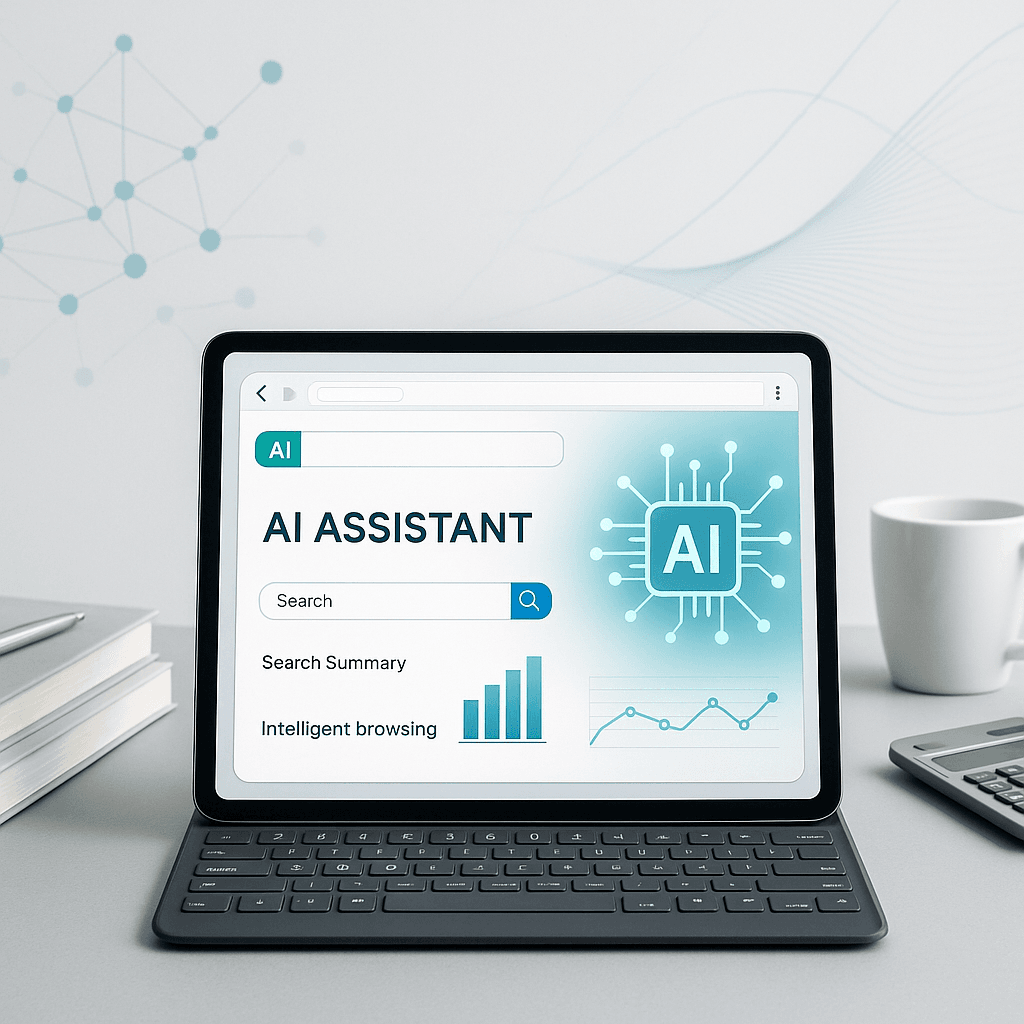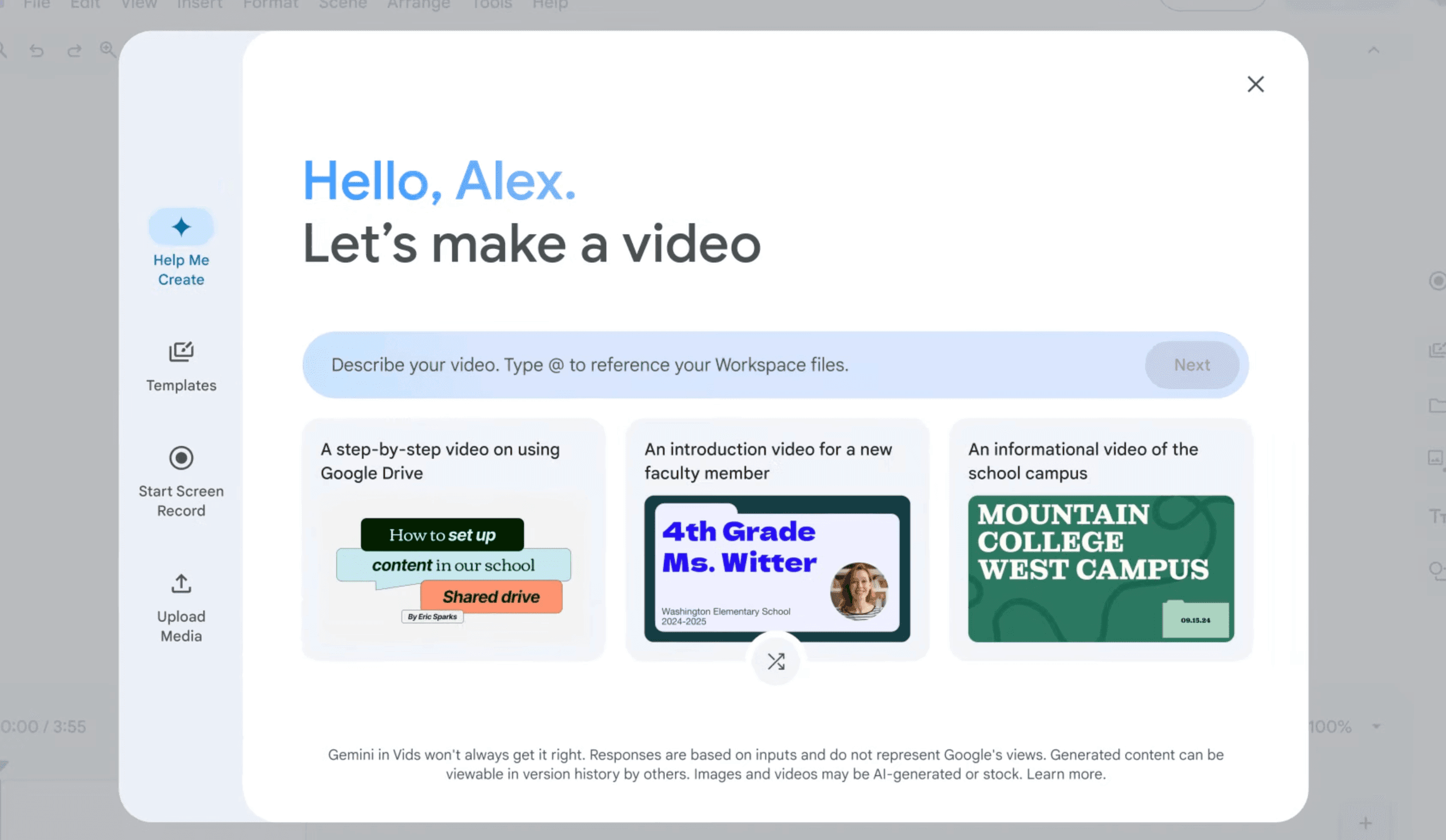German translation startup DeepL just fired a shot across the bow of enterprise AI giants. The $2 billion company launched DeepL Agent on Wednesday, marking its ambitious expansion beyond translation into the red-hot AI automation market dominated by OpenAI, Microsoft, and Anthropic. This move transforms DeepL from a specialized translation tool into a direct competitor for enterprise AI budgets.
DeepL just made the boldest bet in its eight-year history. The German startup that built its reputation on superior AI translation is now gunning for the enterprise automation market, putting it on a collision course with tech's biggest players. DeepL Agent, unveiled Wednesday, represents a dramatic pivot that CEO Jarek Kutylowski believes is the natural evolution of the company's translation technology. "We found out that the technology is as capable of helping you whenever you're doing research or whatever you're doing," Kutylowski told CNBC in an exclusive interview. "All of those tedious tasks in your office when you have to switch between different systems and take some data from one system, put it into another one, AI, and those autonomous agents, and the DeepL Agent in particular, can help solve so much better." The timing couldn't be more strategic. Enterprise AI agents have become the industry's hottest battleground, with Microsoft pushing its Copilot suite and Anthropic positioning Claude as the enterprise-first alternative to OpenAI. DeepL's entry signals how translation companies see an opening to leverage their language processing expertise for broader business automation. DeepL Agent promises to handle "repetitive, time-intensive tasks across a wide variety of functions" using natural language commands. Unlike chatbots that simply respond to queries, agents can execute complex workflows autonomously – grabbing data from one system, processing it, and feeding results into another without human intervention. The technology spans departments from human resources to marketing, positioning DeepL as a horizontal solution rather than a vertical translation tool. What gives DeepL credibility in this fight is its foundation. The company built its own large language models specifically for translation, achieving accuracy that often surpasses Google Translate. Kutylowski revealed that DeepL Agent combines these proprietary models with external ones, creating a hybrid approach that could differentiate it from pure-play AI companies. The competitive landscape DeepL is entering has never been more intense. just announced a funding round that values the company at $183 billion post-money, underscoring how investors are betting big on enterprise AI. has woven Copilot throughout its Office suite, while continues expanding GPT's enterprise capabilities. But DeepL's $2 billion valuation gives it significant firepower. Founded in 2017, the company has bootstrapped its way to profitability primarily through subscription translation services. This financial stability could prove crucial as it invests heavily in agent development and enterprise sales. The agent market remains embryonic despite the hype. Most enterprise customers are still experimenting with basic AI implementations, let alone autonomous agents that can handle complex workflows. This creates an opportunity for DeepL to establish itself alongside the incumbents rather than trying to displace them. Industry observers note that successful enterprise AI often comes down to specialized expertise rather than raw compute power. DeepL's deep understanding of language processing – the foundation of most business communication – could translate into superior agent performance for document-heavy workflows. The company's European roots also provide advantages in a market increasingly concerned about AI governance and data privacy. When asked about potential IPO plans amid the current wave of tech listings, including fintech firm and crypto exchange Gemini, Kutylowski remained focused on execution. "That's not a short term plan that we would be considering right now," he told CNBC, suggesting DeepL wants to prove its agent strategy before pursuing public markets. The launch puts DeepL in rarefied air – few companies successfully expand from specialized tools into platform businesses. But with enterprise customers hungry for AI automation and willing to pay premium prices, DeepL's translation expertise could provide the foundation for a much larger business. The real test will be execution, as enterprise sales cycles often take 12-18 months and require deep integration with existing business systems.






